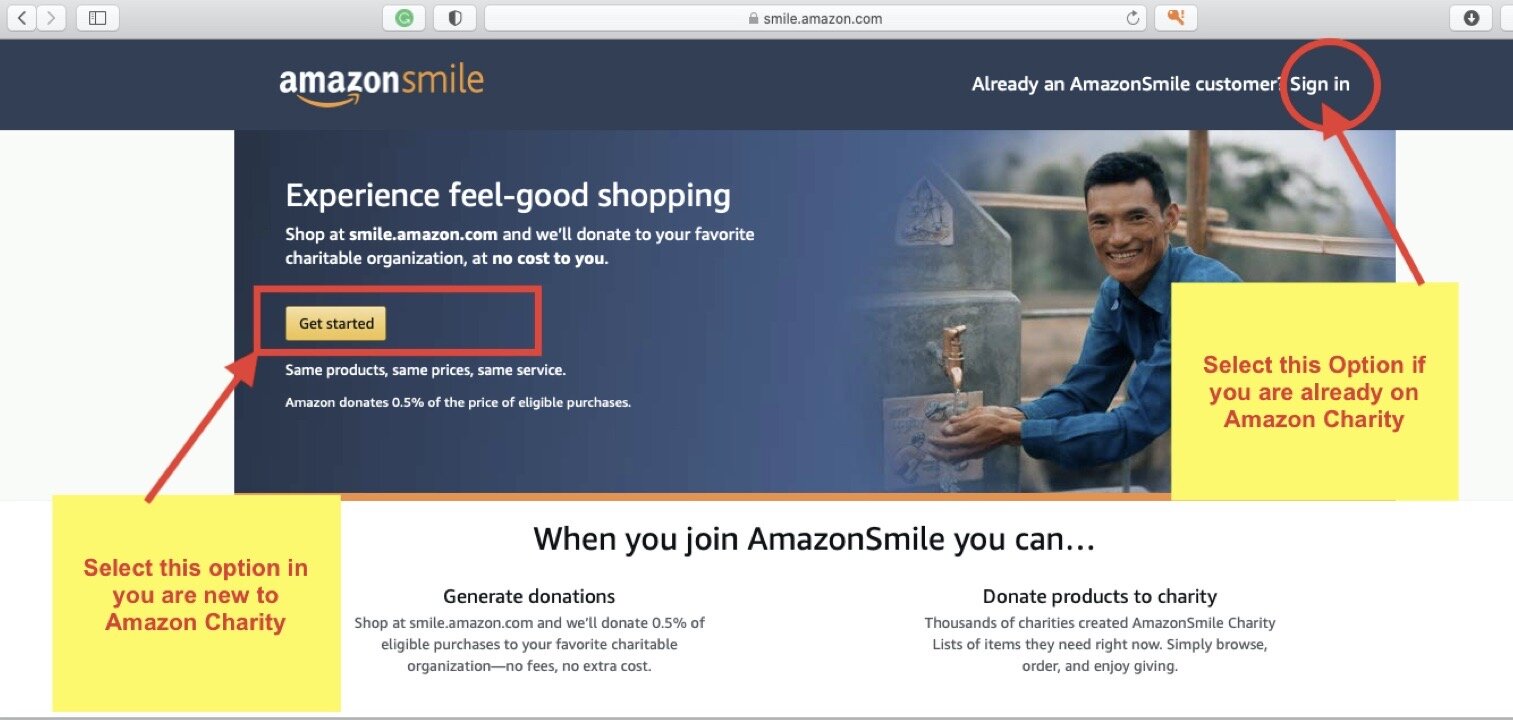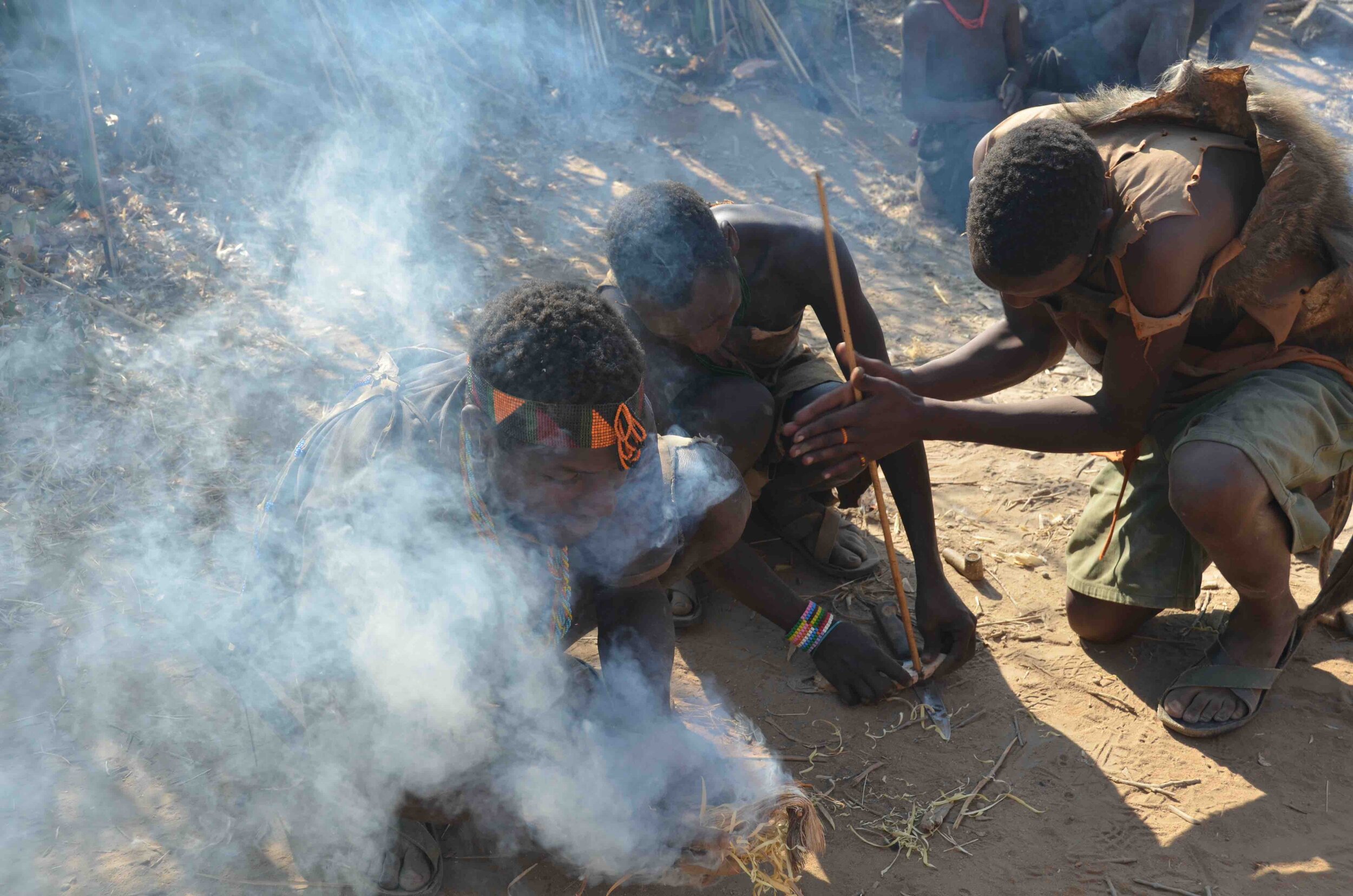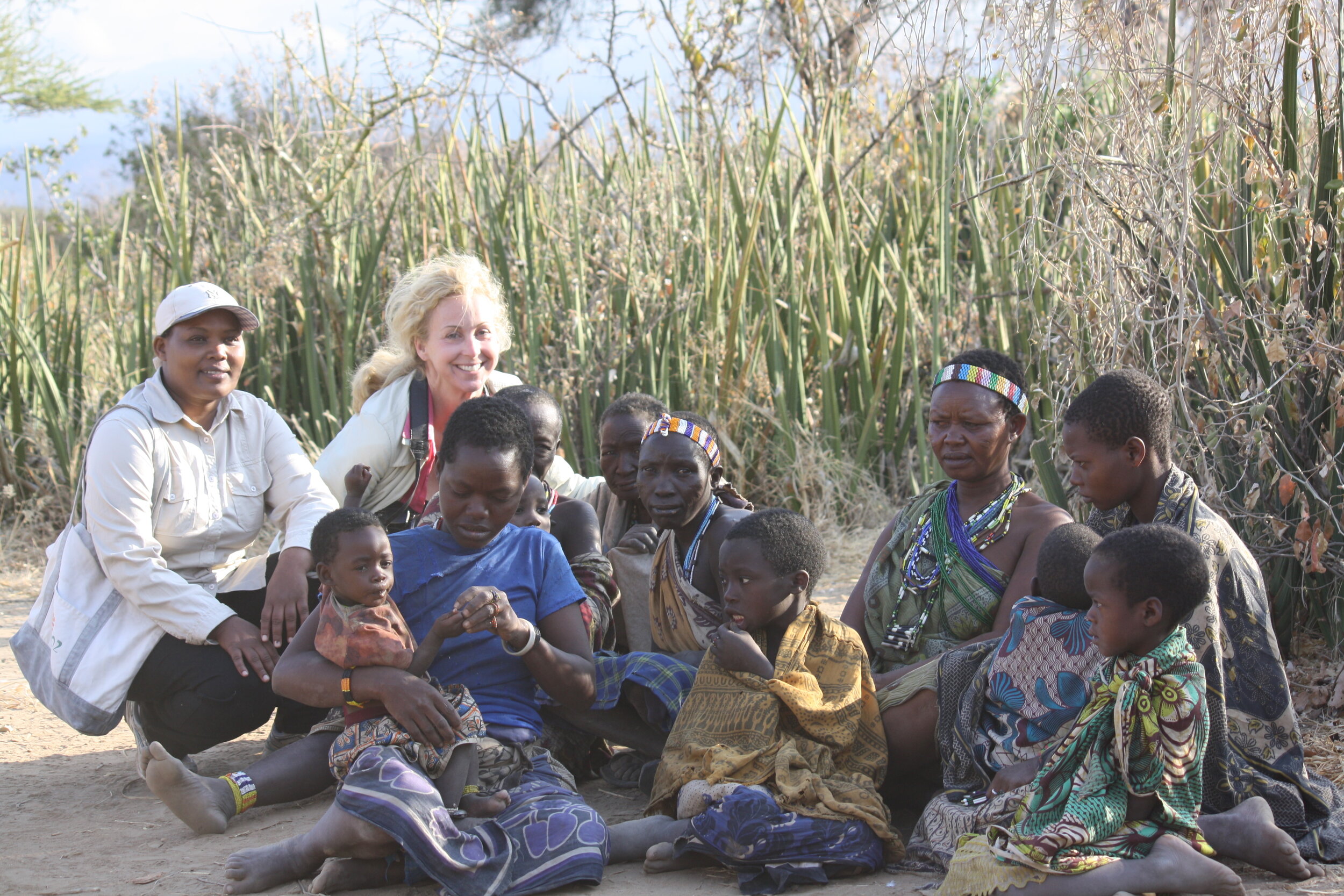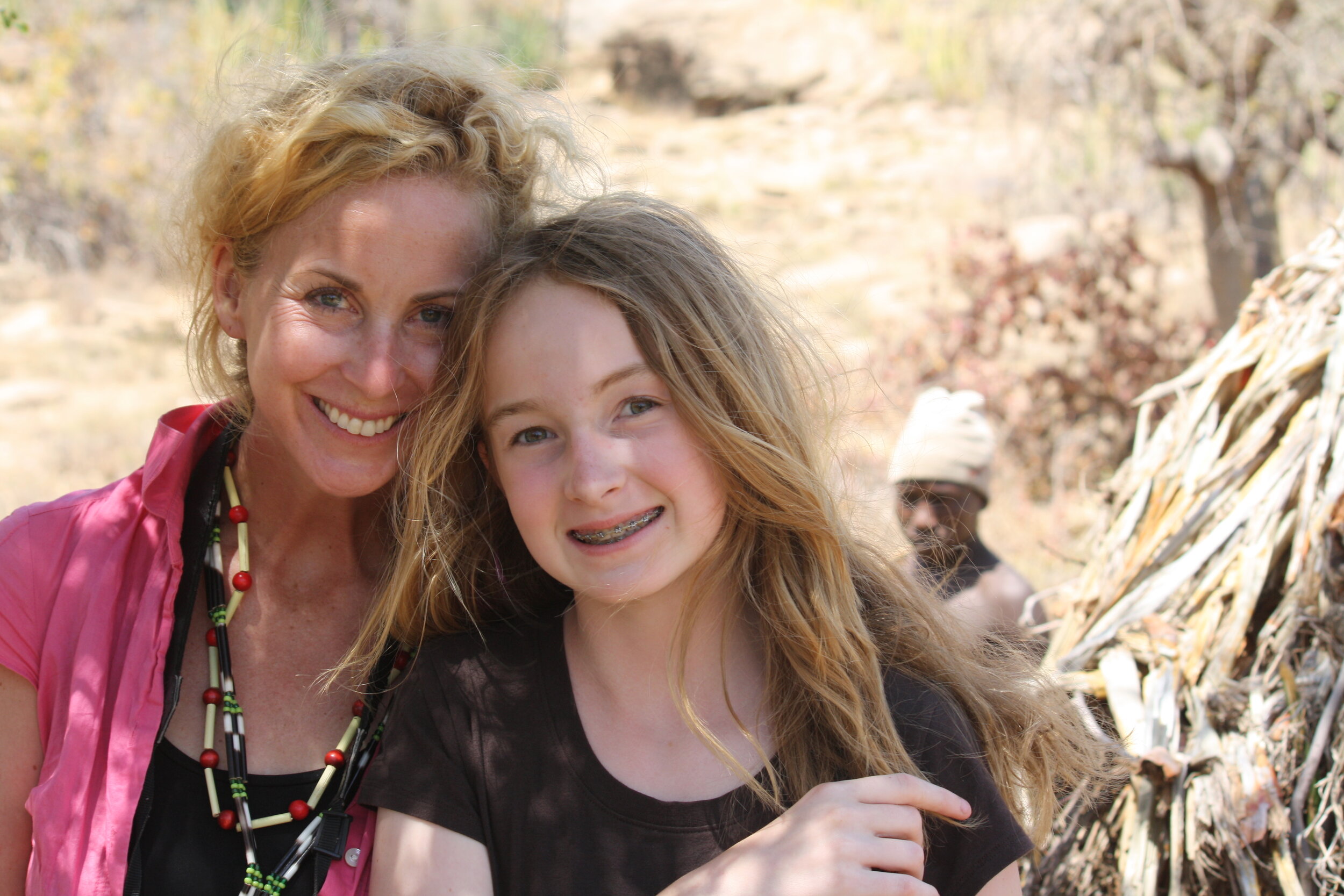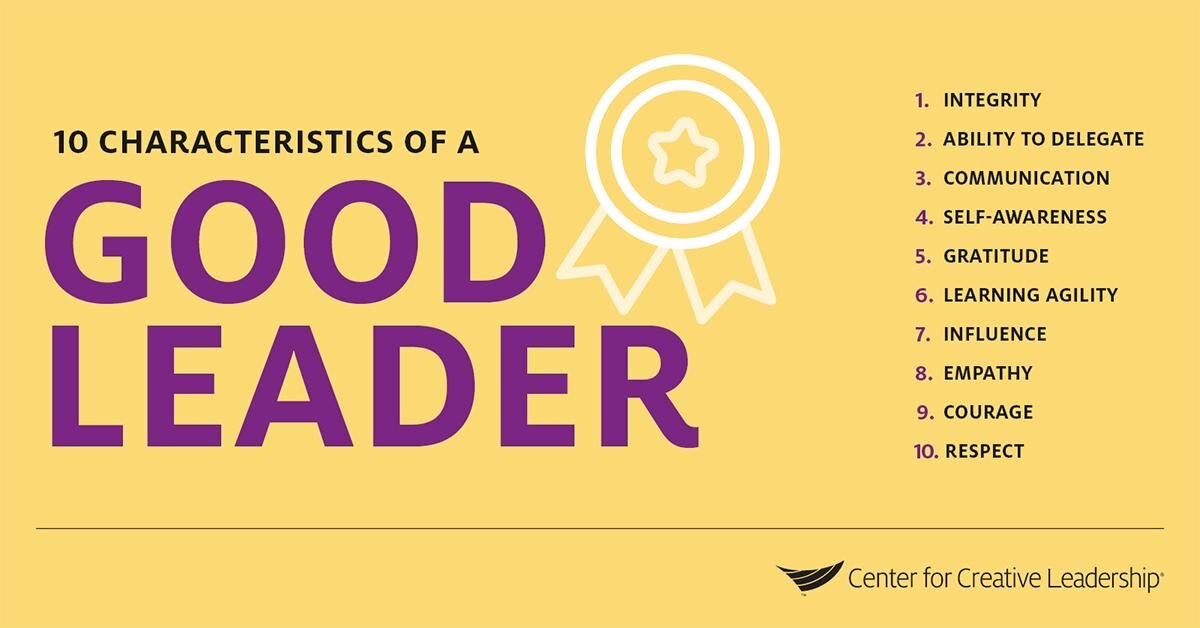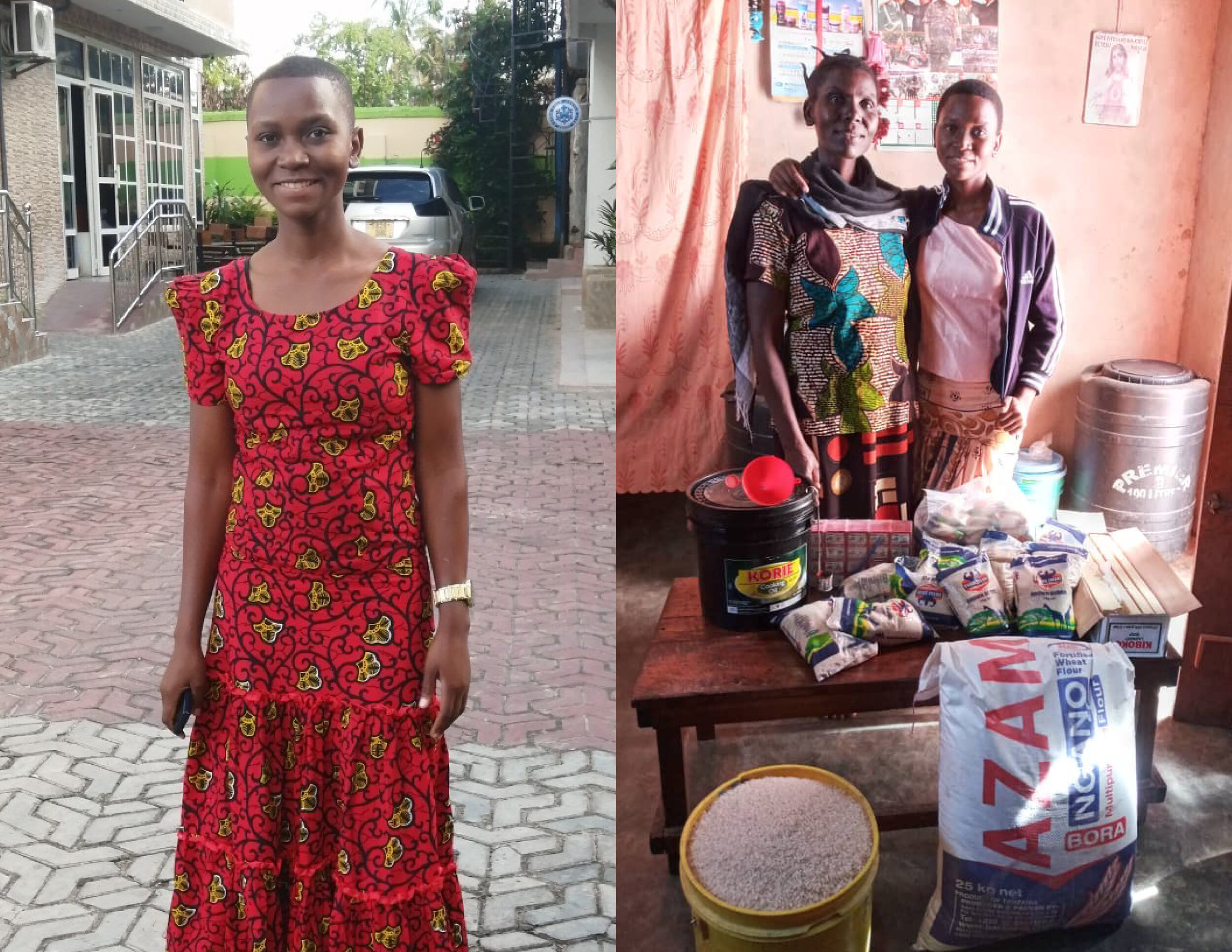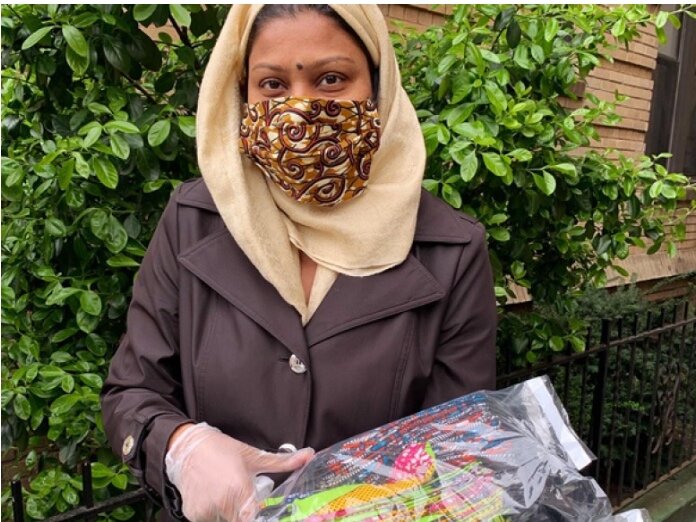Over the course of the past few months I have had the great pleasure of spending extensive time with my dear friend Kristin Hocker to research and write this article “The Anatomy of Resilience” (shared below). Kristin has been an important member of our Unite family over the years as she co-led our Strides for Strength walk-a-thon in 2015, which enabled the purchasing of prosthetics and medical devices for dozens of amputees and people living with disabilities in Tanzania. Kristin, after losing her leg to a necrotizing fasciitis bacteria in 2013, has launched her own social media campaign on Instagram @kristinpcan to share, motivate, inspire and encourage other amputees (and all of us humans who face unexpected hardships and setbacks) to embrace vitality, love, beauty, strength, health, friendship, faith, and community and to live their best lives. Thank you Kristin for allowing me to share your inspirational story. And a very special thanks to photographer Harriett Wells (Instagram @harriettwellsphotography) for these stunning images.
This holiday season may we celebrate strong, powerful, resilient, courageous women ALL over the world!
Photo by Harriett Wells.
The Anatomy of Resilience
By Anne Wells
***
With just a thin pink yoga mat as a cushion from the hardwood of her front porch in Bell Island, Rowayton, Connecticut, Kristin Hocker lay on her right side with her left arm stretched up to the warm breezy October sky. The deep voice of her trainer Sean Mageau coached her through her iPhone, which was balanced on a table against an oversized orange Halloween candle. “Ok Kristin,” said Mageau, “now try to lift up into a side plank. Let me see the air between your hip and the mat.” Kneeling behind her, physical therapist Maureen Meehan supported Kristin’s pelvis. Kristin’s face winced as she strained with effort to activate her remaining muscles. “Good job,” said Meehan. “We didn’t catch any air, but I could feel muscles firing.” Kristin collapsed and pulled off her right leg whose seal had broken with the movement. “Next time let’s do this exercise without the leg on,” Kristin said, catching her breath.
Seven years ago, Kristin Hocker, a 54-year-old, divorced, working mother of four lost her leg, and nearly her life, to a misdiagnosed Strep-A-bacterial-infection-turned-necrotizing-fasciitis (a.k.a. “flesh-eating disease”) following what doctors, friends, and family thought was merely a sprained ankle. Kristin was left with a two-and-a-half-inch-long right femur; she is what is known in the world of amputees as an above-the-knee “short.” Having such a small residual limb makes mastering the world of prosthetics and movement of any kind uniquely challenging. But, true to her nature, Kristin flashes a wide smile. “I've got this,” she says.
Kristin stands 5’7” and weighs a mere 107 pounds without her prosthetic. Her leg weighed 19 pounds before it was amputated and disposed of in an incinerator at the Connecticut Stamford Hospital; her prosthetic weighs 10 pounds. Kristin’s long, straight dark hair is densely highlighted with streaks of blonde, and chin-length wisps frame her perfectly-symmetrical cheekbones. When Kristin doesn’t need to travel far (just a few feet), she hops on her left foot. When managing any kind of distance without her prosthetic, Kristin uses crutches. With her prosthetic on, Kristin can walk unassisted with a gait that is, at least for now, uneven and compensatory.
***
The odds of a perfectly healthy, fit woman living in one of the most affluent counties in America losing a limb from necrotizing fasciitis are less than getting struck by lightning. The Center for Disease Control estimates 700 to 1,200 cases of necrotizing fasciitis infections in the United States each year; however, nearly all serious cases afflict people living with diabetes, weakened immune systems, or other underlying health conditions. Yet Kristin doesn’t see herself as unlucky. Instead, she sees her life as full of miracles and love. And, she says, she wouldn’t change a thing. “I am overwhelmed with gratitude. Living with one leg keeps me grounded and present,” she says. “I have no choice but to pay close attention to the ground beneath my feet and the world around me.” Today, Kristin is determined to help others who may be labeled as disabled, disfigured, or even just unlucky, see their lives the same way.
Kristin Hocker, Founder of Instagram @kristinpcan. By Harriett Wells. Instagram @harriettwellsphotography.
“Mirror mirror on the wall, I’ll always get up after I fall. And whether I run, walk, or have to crawl, I’ll set my goals and achieve them all.”
On September 20, 2019, six years to the day she lost her leg, Kristin launched her “Kristin P. Can” social media campaign on Instagram @kristinpcan. “I am ready to share my story,” she wrote. Over a year later, nearly 1,500 followers are tuning in. Kristin’s feed features inspirational quotes alongside photos and videos of Kristin walking up and down stairs, stretching in yoga poses, riding bikes, kayaking, shopping in stores, cooking, traveling with family, enjoying the beauty of nature with friends.
“I do what most people do; the only difference is that I do it with one leg,” says Kristin, who tattooed a wave on the inside of her left arm to remind herself to “surf and stay above the storms of life.” Kristin’s allure to those who know her, and now to those who don’t, stems from her “extraordinary attitude” and “exceptional resilience,” says her long-time friend and former neighbor Keiley Fuller. “Nearly everything we do and take for granted is harder for Kristin, but she never says it. She never complains, ever.”
Kristin lost her leg on Friday, September 20, 2013. The week before, she went to a local restaurant to meet a friend for dinner. Kristin and Corby, her husband of 18 years, had just filed for divorce, and Kristin was looking forward to a girls’ night out. As Kristin jostled through the restaurant’s crowded bar area to reach her table, she rolled her ankle. “I didn’t think much of it,’ she remembers. Yet the next morning, Kristin was in enough pain that she went to see an orthopedic doctor who she knew through her work as the Outreach Director for Maplewood Senior Living headquartered in Westport, Connecticut. The doctor diagnosed a second-degree sprain and torn tendon. His RX? Rest, ice, and elevate.
By Monday, Kristin could hardly move. She called her doctor and asked for pain medicine. He prescribed Vicodin. She sent him many photos of the black and purple blisters that were forming and growing over her swollen, tightened, and stretched skin. He wasn’t alarmed. When Kristin asked to return to the doctor that Wednesday for a re-check, she recalls that he “sliced the skin and casted my foot.” The doctor lanced the blisters and tightly wrapped Kristin’s foot and ankle up to her knee, assumedly to alleviate pressure and provide some kind of support.
By Thursday morning Kristin felt her “body shutting down inside, bit by bit,” and, in a moment of lucidity, she asked her soon-to-be-ex-husband to please call 911. By the time the paramedics arrived, Kristin’s blood pressure was 74 over 50.“Somewhere during that ride to the hospital I just went away,” says Kristin.
Inside Kristin’s body a Strep A bacteria had taken hold in her ankle and developed into necrotizing fasciitis or what is often referred to as “flesh-eating disease.” Treatment for necrotizing fasciitis requires opening muscle fascia, excising infected tissue, and removing enough surrounding tissue to ensure the infection is completely eliminated. “It was like chasing a car going 100 miles per hour up interstate I-95,” said Dr. Kevin Miller, a surgeon at Stamford Hospital who oversaw Kristin’s care. “We administered broad-range antibiotics to try and save Kristin’s ankle. Hours later the team was amputating her leg to try and save her life.” Kristin’s surgeons removed her leg six inches above the visible bacteria line. Yet by that time she was in full-blown organ failure due to widespread sepsis. Kristin’s heart stopped, twice; her kidneys lost function; and her lungs filled with fluid. The team at Stamford Hospital called Corby and told him to come in with his and Kristin’s four children, who were then ages 6, 9, 11, and 14, to say goodbye.
At some point during the time she was unconscious, Kristin experienced what is widely known as an NDE (a near-death experience). “I saw an explosion of white light that was so intensely bright it should have hurt my eyes, but it didn’t. My heart was beating strong and fast. I felt excited and full of anticipation. My senses were electric, and I was overcome by this incredible sense of love.”
What brought her back?
“The faces of my four children flashed in my mind’s eye, one by one, from oldest to youngest—Carey, Caitlyn, Ryan, Chloe—and immediately I was pulled back,” recalls Kristin.
Meanwhile, Kristin’s friends and community rallied. Phones rang, texts pinged, and the hospital’s waiting room filled. Kristin’s pastor and friend, Reverend Brandi Drake of Noroton Presbyterian Church in Darien, Connecticut, organized a last-minute community prayer vigil. “There must have been more than 150 people packed in that little sanctuary,” remembers Rev. Drake. “We held the image that we were all storming heaven with picket signs that read: ‘We want Kristin.’ And then we sang Amazing Grace.”
On Tuesday, September 24th, five days after being taken from her home by ambulance, Kristin woke up. When it became clear that Kristin would live, her friends and family sighed a breath of relief. “Their trauma was over, and mine was just beginning,” remembers Kristin. After two weeks in Stamford Hospital, Kristin was transferred to a rehab center. Friends arranged daily lunches for Kristin and her many visitors during her six-week-stay and filled her room with flowers, photos, books, and get-well cards. “My family and friends did everything for me,” remembers Kristin. “They washed my hair, dressed me in soft pajamas with matching single flip flops, fed my family, drove my children, walked my dog, made me playlists of amazing music.”
This outpouring of compassion and support is, Kristin says, what helped her through the waves of despair that came during those first few weeks. “I was grateful to be alive but not 100% sure I would ever roll over again without feeling like a knife was slicing through me, never mind be able to get up and walk again.”
A malpractice case was filed against the doctor who misdiagnosed Kristin’s ankle, and Kristin, and her lawyers, would spend the next five long years in a heated battle with that doctor’s insurance company. In September 2018, two days before the trial was set to begin, the insurance company capitulated, and Kristin was awarded an undisclosed settlement.
Kristin with her daughter Caitlyn. Photo by Harriett Wells.
Today, Kristin is busy balancing the demands of motherhood; her career as Director of the Maplewood Heart Foundation, a 501(c) (3) public charity organization that supports senior caregivers and related organizations; staying fit; and training to walk with a smooth and balanced gait. “Experts say it takes 10,000 hours to master a new skill, but I have the added challenge of being so short,” Kristin says.
Since her amputation in 2013, Kristin has used three different prosthetic legs. Getting insurance to approve payment for each more technologically-advanced leg has been another ongoing battle for Kristin and her team. “Part of our job is to fight the insurance companies,” explains prosthetist Sal Martella, whose team at Progressive Orthopedics and Prosthetics in Albertson, New York, petitioned for well over a year to get Kristin the most cutting edge technologyavailable on the prosthetic market today—the Ottobock leg with the first fully waterproof X3 microprocessor knee, which was developed in collaboration with the U.S. military and is currently made in Vienna, Austria. They had to prove that Kristin was healthy enough to benefit from the bionic knee’s advanced activity settings, which can adjust the swing angle for running, biking, golfing, and driving. Dan Bastian, Sal’s partner and Progressive’s co-founder, is an above-the-knee amputee who has been using Ottobock technology for years. Both Bastian and Martella say that the X3 should enable Kristin less gait deviation and a more complete lifestyle (she can swim with the leg on and do water sports) all the while with less worry about falling (the knee senses uneven ground and adjusts accordingly). They just need to get the fit right, and this is proving challenging.
Most amputees have enough residual limb to essentially “sit” into the prosthetic. But since Kristin’s residual limb is uniquely short, the socket presses into her groin, which can cause discomfort and pain. To secure her leg for any length of time, Kristin has to do what is called a “skin fit,” which entails covering Kristin’s remaining flesh with a nylon liner that is then placed into the socket and pulled slowly through an air hole at the bottom of the carbon mold, gripping Kristin’s skin and pulling it downwards into a suction fit. It is Martella, not Kristin, who admits how painful it is. “The first few times someone tries a skin fit, at least until their skin calluses, they will see stars,” says Martella, who has worked in the field of prosthetics for 27 years. “Kristin is borderline hip disarticulation; she is one of the shortest amputees I have ever worked with. I know the physics of what she is up against, and it’s remarkable how well she is getting around.”
Bastian, who was 15 years old when he was diagnosed with osteosarcoma, a rare form of bone cancer, and 25 when his leg was amputated (after 18 surgeries to try and save it), regularly counsels amputees and their families. Bastiancredits Kristin’s success to her mental outlook. “It’s all in the mind,” says Bastian, a 30+-year specialist in prosthetic feet, knees, legs, liners, hands, and arms. “Learning to walk again is mostly a matter of will and desire.”
Having a positive role model like Bastian in Kristin’s life is a critical element of resilience post-trauma, according to Dennis Charney, M.D., a professor of psychiatry at the Icahn School of Medicine at Mt. Sinai in New York. “Finding a role model who went through the same thing and knows the process of recovery both psychologically and physically is very important,” writes Charney in his article “Decades of Research Lead to ‘Prescription’ for Resilience,” which was published in Psychiatric News on June 27, 2019. On Instagram @kristinpcan, Kristin posts a photo of her standing between Martella and Bastian. She wears ashort black tube skirt, a red T-shirt, and Converse sneakers on both her foot and the prosthetic. Behind them is a wall of framed images of Bastian water-skiing, biking, hiking, golfing, and fishing. Her caption reads: “I can aspire but only to half the activities this man does.”
Photo by Harriett Wells.
Kristin spent most of her childhood in Haddonfield, New Jersey, a 2.8-square-mile Quaker town located 15-minutes from Philadelphia, with her parents, Charlotte and Tom Price, and her two younger sisters, Heather and Laurel. Charlotte worked as a teacher at a local elementary school and Tom was a bacteriologist and Director with the Food and Drug Administration. Kristin grew up like most kids during the 70s—watching The Brady Bunch and The Bionic Woman; listening to Sonny & Cher and The Monkees; reading Nancy Drew and Judy Blume. Hers was a normal, happy family.
Or so she thought.
In January 1977, Kristin’s father moved out, and it would be years before Kristin would learn why. Tom had presented Charlotte, his wife of 16 ½ years, with a letter confirming her nagging suspicions and deepest fears. He had been living a double life as a homosexual man actively engaging in serial out-of-wedlock relationships. “I didn’t want to get divorced,” remembers Charlotte, whose face at 82 looks decades younger with nearly-wrinkle-free skin, “so I said I would forgive him if he would give up his other life. But he said no—that he wouldn’t, he couldn’t.”
After Tom moved out, Charlotte was left alone with her three girls, who were then 4, 7, and 11, and to make ends meet, she picked up tutoring jobs in the afternoons and evenings. “I cried every day for months,” remembers Charlotte, whose dark brown eyes are mirrored in Kristin’s. “And then, as time went on, I would just cry when I cooked or vacuumed, and, of course, every time I heard the heating oil delivery truck. It was always another bill I couldn’t afford.”
Kristin assumed more and more parenting responsibilities for her younger sisters. She would cook dinners and help her sisters with their homework. For years Kristin and her sisters visited their father every other weekend at his apartment in Philadelphia. However, their visits became less frequent after Tom met a composer and moved with him into a house in Westchester, PA, where “they had a dog, an English garden, and flamboyant pool activities,” remembers Kristin.
In 1984, Kristin graduated from Haddonfield Memorial High School with honors. She was voted homecoming queen. She went on to Clemson University to study engineering but soon switched her focus to marketing. During Kristin’s sophomore year in university, she received a letter from Tom saying “I’m HIV positive.” Knowing what that meant, Kristin transferred to the University of Delaware to be closer to home and to help care for her father. In June of 1986, Tom Price died of AIDS. He was 47 years old. In his obituary, the cause of death was cited as pneumonia. “Everyone was so afraid of HIV/AIDS,” remembers Kristin. “No one in our family ever discussed it.” It would be many years before Charlotte, Heather, Laurel, or Kristin would admit the truth.
Reverend Drake, who first started working with Kristin during her divorce counseling in 2012, credits Kristin’s optimism in the face of adversity, in part, to her childhood experiences. “Kristin has had to surrender many times throughout her life,” says Drake over a Zoom call from her book-lined home office in Darien, CT. “Many people become brittle and protected, but not Kristin. She is open to new experiences and extremely receptive to learning and growing.”
“Even in Kristin’s darkest days she never asked, ‘Why me?’” said Charlotte, who remarried in 1990, became widowed, again, in 2004, and retired in 2006 with six adult children and 15 grandchildren. “I am very proud of her for that.” Resilience expert and researcher Dr. Lucy Hone of the New Zealand Institute of Wellbeing & Resilience reminds us in her Ted Talk “3 secrets of resilient people” given at the Tedx Christchurch August 2019 event that “adversity doesn’t discriminate,” and that resilient people “know that suffering is part of every human’s existence.” They don’t ask “Why me?’ but instead they ask “Why not me?” says Hone.
Where exactly Kristin’s resilience comes from no one will ever know for sure. It is likely a combination of her mental fortitude, her devotion to her four children and loving (albeit unconventional) family, her extremely supportive community and social network, and her feeling of living a purpose-driven life.
Photo by Harriett Wells.
Back on the porch in Rowayton, Meehan, Kristin, and Mageau (through Zoom) start the last exercise of the day. Meehan, who has worked for more than 30 years with amputees and patients with neurological disorders, positions Kristin for a series of single-legged squats. She and Mageau, who served in the Navy for years before becoming a personal trainer for elite athletes, feel no pity for Kristin. And this is exactly what Kristin wants, and needs. “Maureen and Sean believe in me. They push me to be the best version of me that I can be. They are part of my ‘Kristin P. Can Team Vitality,’” says Kristin with a smile as Meehan hands her a long 10-pound black tool called the ViPR®, which Mageau has Kristin use to improve her balance, stability, and core strength. Meehan continues to adjust Kristin’s form as Sean commands the movements.
Mageau and Meehan are now focused on helping Kristin reach her latest goal, which is to walk unaided, wearing her new Ottobuck X3, down the stone staircase at the end of her road to the town beach, where, weather permitting, she will take a dip in the Long Island Sound. “Kristin finally has a leg that has the mechanics and technology to do this,” says Mageau. “The challenge is,” says Meehan, “that Kristin’s brain has shifted its midline to the left, so we need to train it to adjust back to center, above the belly button, and trust that the prosthetic leg will support her.”
For Kristin, every day is a choice. “There are days that I don’t feel like ‘I’ve got this,’ and there are times when I look down at my leg—at the titanium and the computer—and am in complete disbelief. But then I hear the voice inside that says—almost like a friend would—to love myself, and it reminds me how far I’ve come, how much I’ve learned, and that really, it’s this leg’s job to keep up with me.”
For those who want to follow Kristin’s journey, every step of the way, visit Instagram @kristinpcan.

















